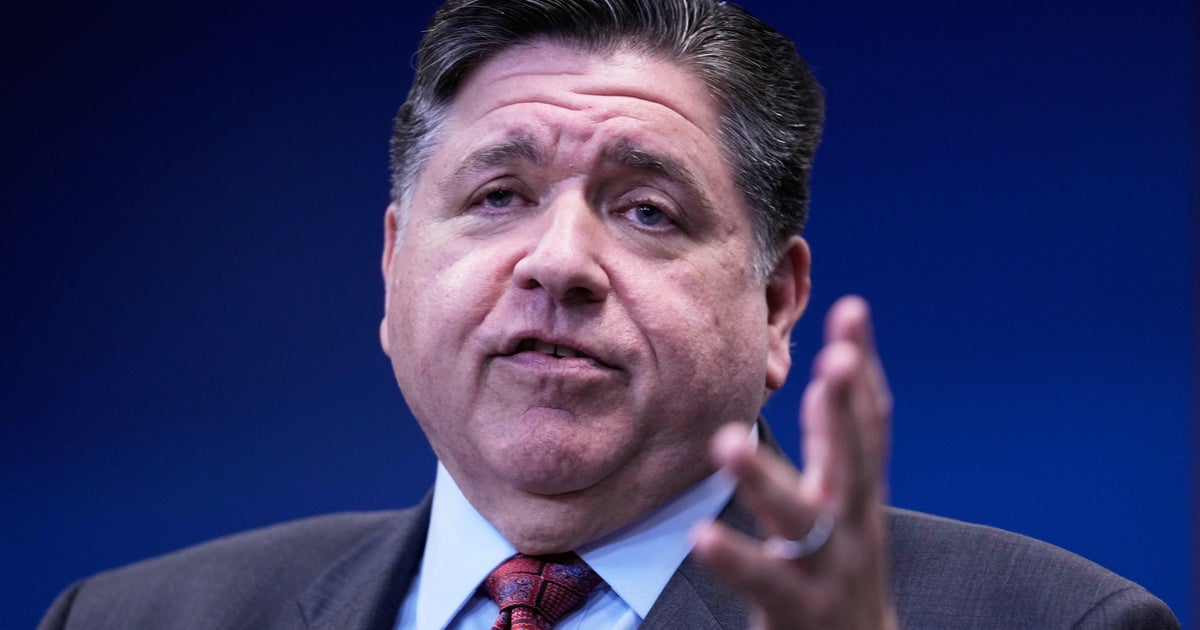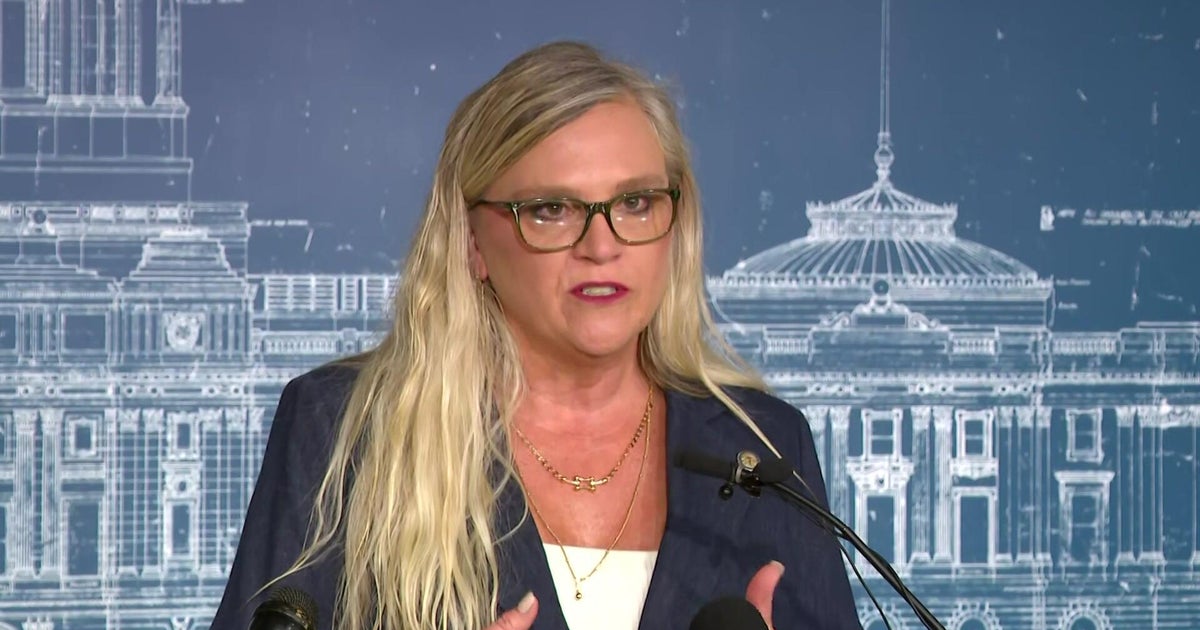Social Security may use your Facebook and Instagram photos to nix disability claims
- The Social Security Administration may start screening your Facebook and Instagram posts to evaluate your disability claim
- Currently, the federal agency uses them to investigate fraud cases, but it's planning to expand that usage
- Social media is considered a poor measure of a person's life, so the practice raises data privacy questions
Careful what you post online. The Social Security Administration may start screening your Facebook and Instagram posts to evaluate your disability claim. At the moment, the SSA's disability investigations units and the Office of the Inspector General use social media posts to flag fraudulent activity. However, in the 2020 budget proposal released Monday, the SSA said it's planning to expand that usage to review and evaluate applicants for disability benefits. SSA spokesperson Mark Hinkle said the work is "ongoing."
"We are evaluating how social media could be used by disability adjudicators in assessing the consistency and supportability of evidence in a claimant's case file," the agency said in the 2020 budget.
Posts can be taken out of context
Though the SSA hasn't yet outlined how it might use social media in screening applicants, the proposal has raised eyebrows — and data privacy concerns. For one, unless the agency plans to partner with social media companies for back-end user data, it's hard to imagine how federal disability examiners could even authenticate profiles to evaluate applicants for disability. Social media profiles aren't tied to Social Security numbers, for example, and many users set their profiles to private, preventing strangers from viewing them.
Social media is often a poor measure of a user's typical lifestyle, given that Facebook or Instagram users often post only content they want to present to their community. A user with a disability claim may not share how he deals with his disability on a daily basis, but he may share photos from the recent vacation he took to the Caribbean or from the weekend hike he went on.
Paul Young, a disability attorney with Young Marr and Associates, said one of his clients had to defend such a post to a judge who brought it up at her disability hearing. Disability claimants typically receive benefits at the hearing level. The client said the photo, which showed that she went on a hike, wasn't representative of her typical lifestyle and reported that she was bedridden for three days afterwards. "You want to be careful because you don't want something to be taken out of context," Young said.
Even slower processing of claims
Young said social media reviews can exacerbate a claims process that's already time-consuming for applicants who are out of work, taking anywhere from one year to three years. The SSA has a very strict definition of disability by law: Claimants must not be able to do work because of their medical condition, and the condition must have lasted or be expected to last at least one year — or be expected to result in death. Social media posts taken out of context can put applicants on the defensive before they even reach a hearing, Young said.
Images and videos also have technical problems: A user may have posted a throwback photo to when she was water-skiing in 2016, but the publish date may make it appear the photo is from after she filed her claim. In a world with increasingly sophisticated image-altering technology, it's also getting ever more difficult to authenticate the veracity of a photo.
"You can't take someone's Facebook or other social media posts at absolute face value," said Jennifer King, director of consumer privacy at the Center for Internet and Society at Stanford Law School. "They present an extremely narrow slice of someone's life."
Disability payments are a small part of benefits paid
Young said the SSA's focus on anti-fraudulent activity among disability benefits recipients is out of proportion to that group's size, given that disability benefits are a small percentage of Social Security payments. About 68 million people received some form of Social Security or Supplemental Security Income in January, according to the SSA, but just some 14 million Americans collected disability benefits. The SSA pays about $950 billion to retirees each year but only about $150 billion to people with disabilities.
SSA spokesperson Hinkle said, however, that the agency's anti-fraud units are highly successful at detecting fraud. The agency is proposing to add $10 million to its anti-fraud efforts in 2020. Last year, it added anti-fraud units in Honolulu, Hawaii; Indianapolis, Indiana; and Albuquerque, New Mexico. The SSA now has 43 units across 37 states and territories.
Data privacy expert King said using social media when evaluating disability claims comes with a lot of questions and can be highly irresponsible. She said a person's posts should be used only to flag cases that need follow-up with in-person research. Otherwise, she said it seems like a faulty system because people have such varying ways of using social media. Said King: "It's not a recording of your life."



